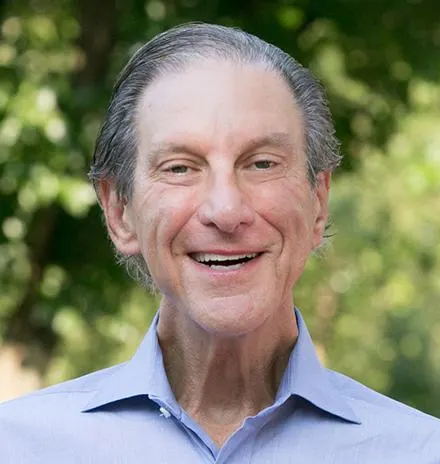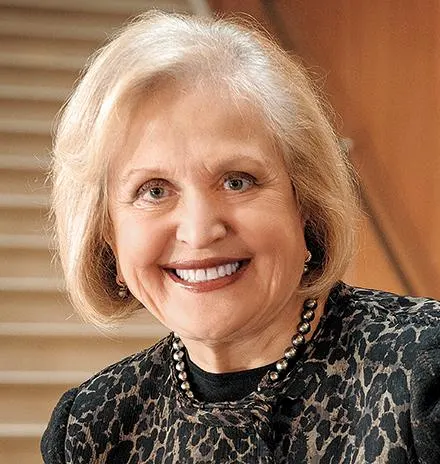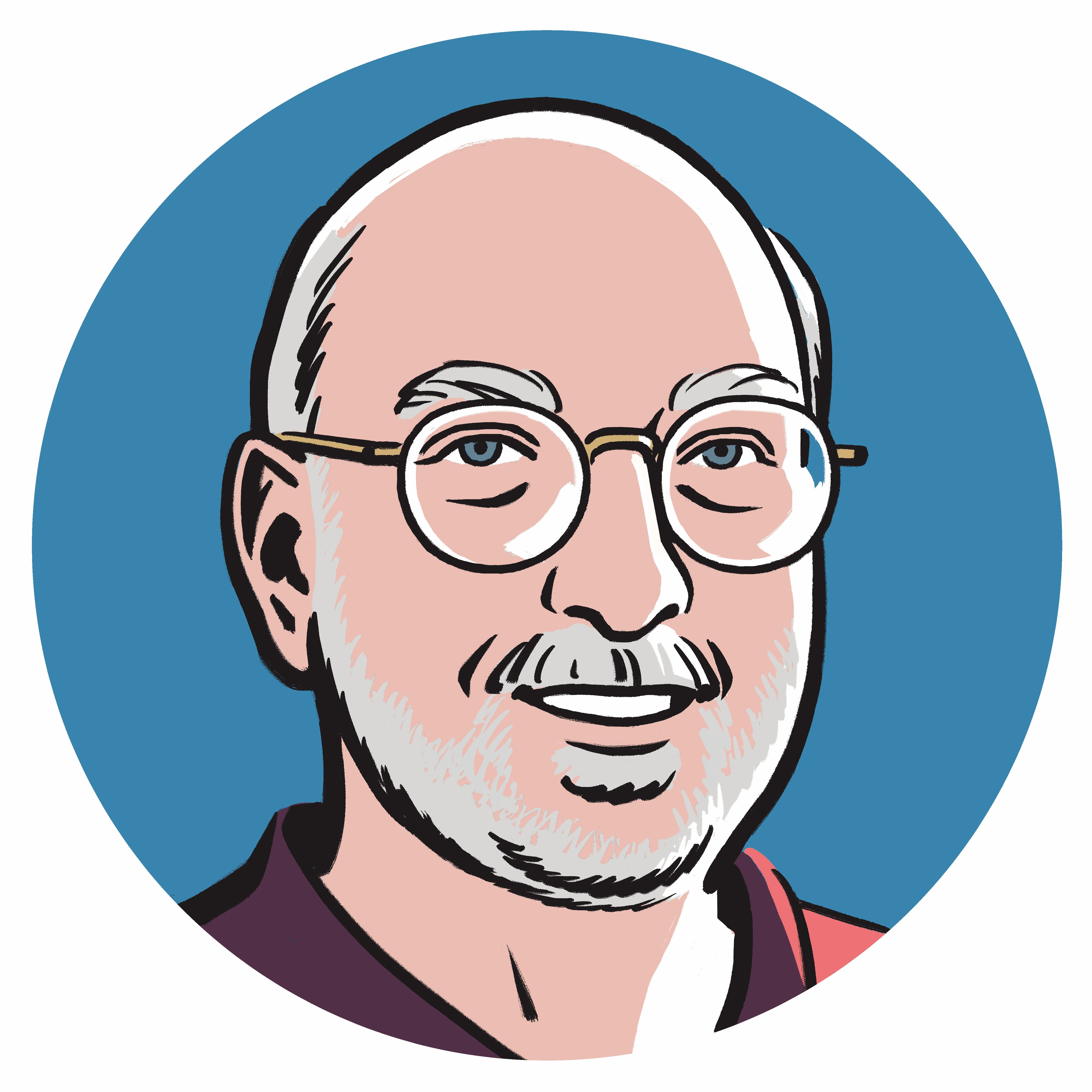The $2 trillion health care system is one of the United States' largest industries—but one of its worst performing by almost any measure other than technological innovation.
The problems are painful, including escalating costs, expensive insurance premiums, lack of coordination between major players, poor customer service, and regional variations in quality of care.
"By virtually any standard, it's an underperforming industry," says Richard Hamermesh, faculty chair of Harvard Business School's recently formed Healthcare Initiative. "In virtually every industry, the name of the game is supposed to be quality up and cost down. And this is one where that has not happened. And it's been very slow with the quality movement."
Professor Regina Herzlinger, who has studied the health care system for three decades, has an even more damning critique: The current system, she says, "will kill us financially and medically … it will ruin our economy, deny us the health care services we need, and undermine the important genomic research that can fundamentally improve the practice of medicine and control its costs."
It is little wonder then that HBS has focused its formidable research and teaching talents on bringing business-focused solutions and perspectives to address these problems. Some examples:
In Zambia, Nava Ashraf and several colleagues conducted field studies to determine if charging for the water purification product Clorin, instead of just giving it away, might encourage more people to use it. The early, surprising answer: yes. Whereas free is sometimes equated with no value, people who pay even a little bit for Clorin are more likely to use it and use more of it, according to the researchers.
HBS senior lecturer Michael Chu is heading up Project Antares with colleagues at the Harvard School of Public Health. The effort aims to create a system for devising commercial incentives that provide affordable public health initiatives, such as delivering medicines at very low cost.
A speedy organ transplant can mean the difference between life and death. Professor Alvin Roth has used his expertise in game theory, experimental economics, and market design to create a program that helps match kidney donors with potential recipients. His work also matches medical residents with jobs at American hospitals.
Hospital operations, and even the operating room, have been studied by HBS faculty. Amy Edmondson has looked at organizational learning in hospital intensive care units; Gary Pisano and Robert Huckman studied technology adoption and teamwork in hospitals; and Edmondson, Pisano, and Richard M. Bohmer analyzed challenges to operating teams learning a new surgical technique.
Recent books by faculty have also challenged how we understand the health care system. Within the last three years Herzlinger authored Consumer-Driven Health Care and the new Who Killed Health Care? Gary Pisano authored Science Business; Debora Spar, The Baby Business; and Monica Higgins, Career Imprints: Creating Leaders across an Industry; and Michael Porter coauthored Redefining Health Care.
By virtually any standard, it's an underperforming industry. —Richard Hamermesh
The intense interest in health care from a business management perspective is clearly warranted, says Hamermesh. "Health care is 17 percent of the U.S. economy, so at some level the HBS interest in health care is not surprising, and it's got a great set of intellectual problems to deal with.
"Marketing is very complicated, and distribution's very complicated. It is a regulated industry, so anyone who's interested in business and government would be a player. It has a social and ethical component to it. So this is fertile ground to study a lot of other phenomena."
The School has assembled a talented set of practitioners and executives with experience in the field including Bohmer, a physician; Bill George, former chairman and CEO of Medtronic; Raymond Gilmartin, former chairman, president, and CEO of Merck & Co.; Robert Huckman, a former health care consultant and now Faculty Research Fellow in the health care program of the National Bureau of Economic Research; and Robert Higgins, managing general partner and founder of VC firm Highland Capital Partners.
As a physician, Bohmer is interested in the delivery side of health care—how care is given to patients. "Health care reform, in my view, is delivery reform. I'm interested in the act of taking care of ill patients and how we manage that act, how you design the processes that execute on that goal, and how you design the organizations that support those processes."
I think Harvard and HBS have the capacity to make breakthroughs on issues that had seemed intractable. —Raymond Gilmartin
Symptoms of an ailing health care system are everywhere, he says. For one thing, there are huge national, geographic variations in the way we care for people. "The probability that you'll be well cared for is a function of where you are," he says. Have a heart attack near Harvard in Cambridge, Massachusetts, and you will likely be administered beta blockers, a class of drug that's generally recommended after a heart attack. The rate at which that drug is delivered nationwide, however, is about 65 percent.
Another problem, he said, is that the current U.S. health care system is set up to take care of the most complex diseases, and as a result, "the people with minimally complex disease, with very straightforward disease, are cared for in very expensive settings." One innovative approach to this situation is the rise of in-store clinics—popping up in grocery stores, Wal-Mart, and even department stores—that treat minor illnesses and provide routine screenings.
"They are a delivery model and an operating system that's configured to the lowest complexity patients," Bohmer says. "It tells us something about how to configure a delivery model for a particular segment of the population."
HBS is also training current and future health care leaders. The School's executive education program offers custom programs to boost the management skills of Boston-area hospital executives. And HBS MBA students can sign up for immersion programs that teach basic health care-related science and medicine.
HBS is partnering with Harvard Medical School to offer select students a combined MD/MBA program. The students typically spend their first three years at HMS, completing preclinical and clinical requirements. The fourth year is at HBS, where they complete the requirements of the first-year MBA core curriculum. In the fifth and final year, they take electives at both HMS and HBS in a sequence determined by each student.
Change Is In The Air
Gilmartin, the former CEO of Merck, said that until recently very few new ideas to improve the health care system had been brought to the table. That's all changing now, and the major players seem increasingly receptive to rethinking the system. He points to the Medicare Drug Prescription Plan, launched in 2006, as an example. Twenty years ago, few policymakers believed that markets could play a role in improving health care. But the new Medicare drug plan uses private insurers and health plans to drive down drug costs, and is showing early payoffs that exceed expectations, he says.
"Think about the educational mission of HBS, which is to educate leaders who make a difference in the world," Gilmartin says. "Health care is clearly such an opportunity. I think Harvard and HBS have the capacity to make breakthroughs on issues that had seemed intractable."


